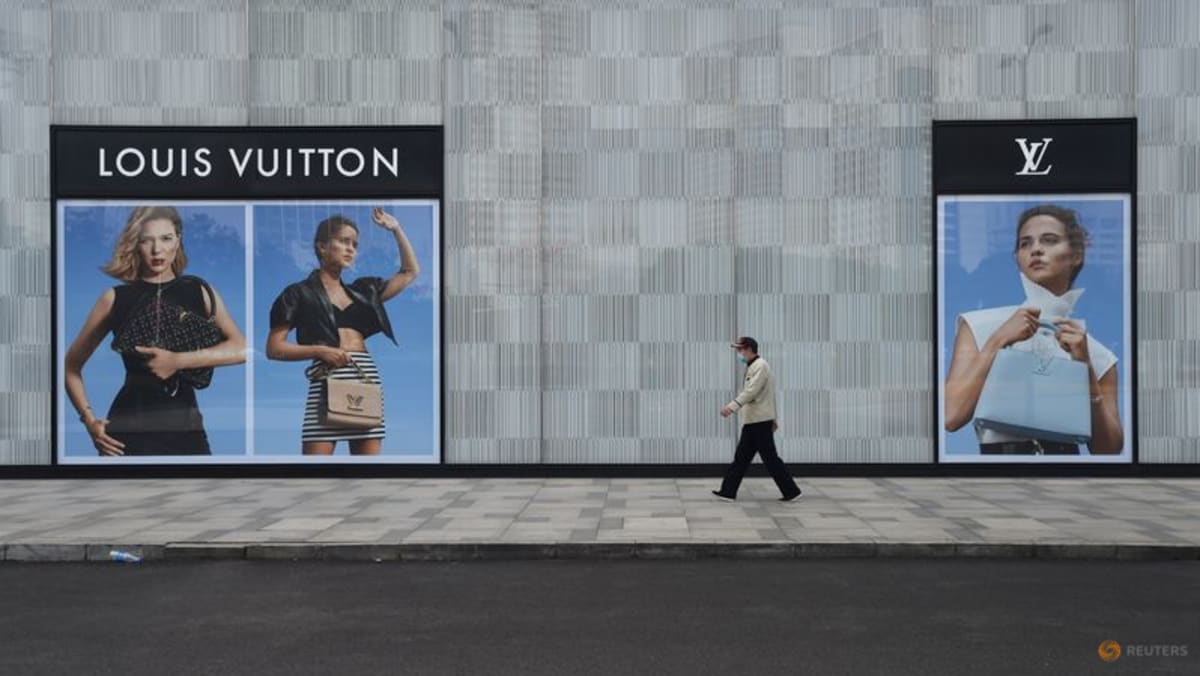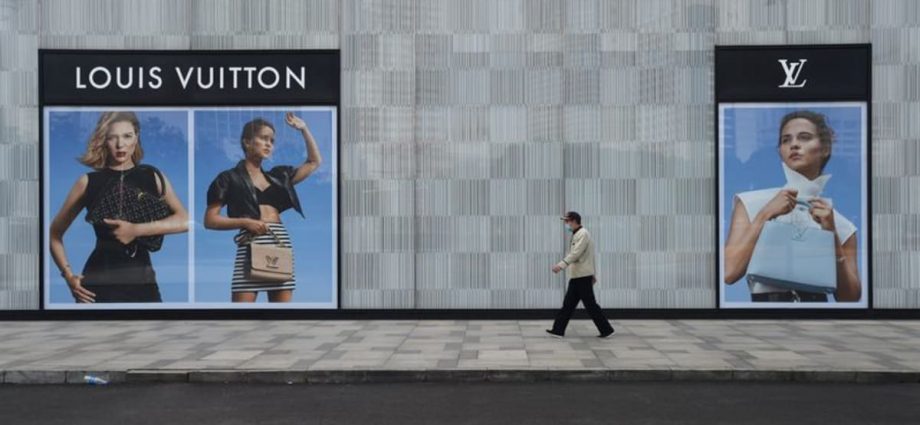
HANDBAGS, JEWELLERY
Office worker Wang Jianing is exploring buying second-hand luxury products, given the economic climate.
“My consumption will definitely be downgraded (this year), but I still like what I like, and I can’t control the desire to buy it,” she told Reuters, standing in front of a wall displaying Louis Vuitton and Gucci bags in ZZER’s cavernous downtown Shanghai warehouse.
ZZER is banking on sentiments like Wang’s for growth. The company, which started as an online platform in 2016, began opening offline stores in Shanghai and Chengdu last year and is now looking for more shop space in Beijing, Guangzhou and Shenzhen.
Besides ZZER, other top platforms are local names, such as Feiyu, Ponhu and Plum. Each of them drew tens of millions of dollars in venture capital funds in 2020 and 2021 with an eye to improving authentication practices, widening customer reach and, in some cases, moving from online-only to online-offline models.
China’s luxury resale marketplace is expected by analysts to remain dominated by local players for now. International companies such as Vestiaire Collective and The RealReal are yet to enter the mainland China market and confirmed to Reuters they have no immediate plans to do so.
Though handbags remain the top-selling category on luxury platforms like ZZER, Zhu said sales of watches and jewellery are also growing fast.
While a nylon Prada Messenger or Fendi Baguette bag sells for 30 per cent to 40 per cent less on resale platforms than in luxury boutiques, some products have seen the price gap widen further as more consigners rush to sell goods online.
Veteran vintage seller, Ou Huimin, who opened her Ding Dang store in Guangzhou a decade ago and also sells country-wide via livestreams, said speculators in the market have sent prices for top-tier luxury goods soaring.
Ou said Rolex Submariner watch prices rose almost 250 per cent between 2020 and 2021, but have pulled back as much as 60 per cent this year. “Now consumption has become more rational,” she added.

